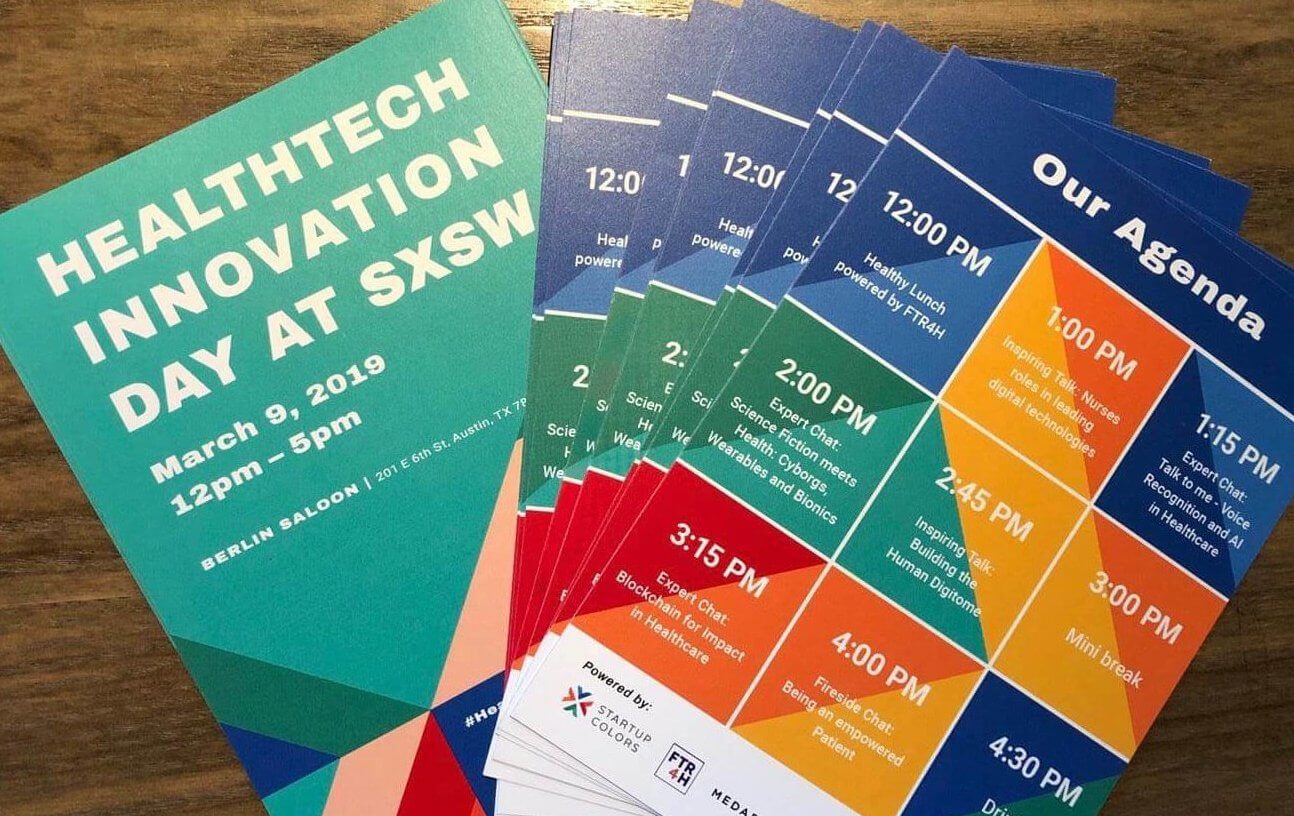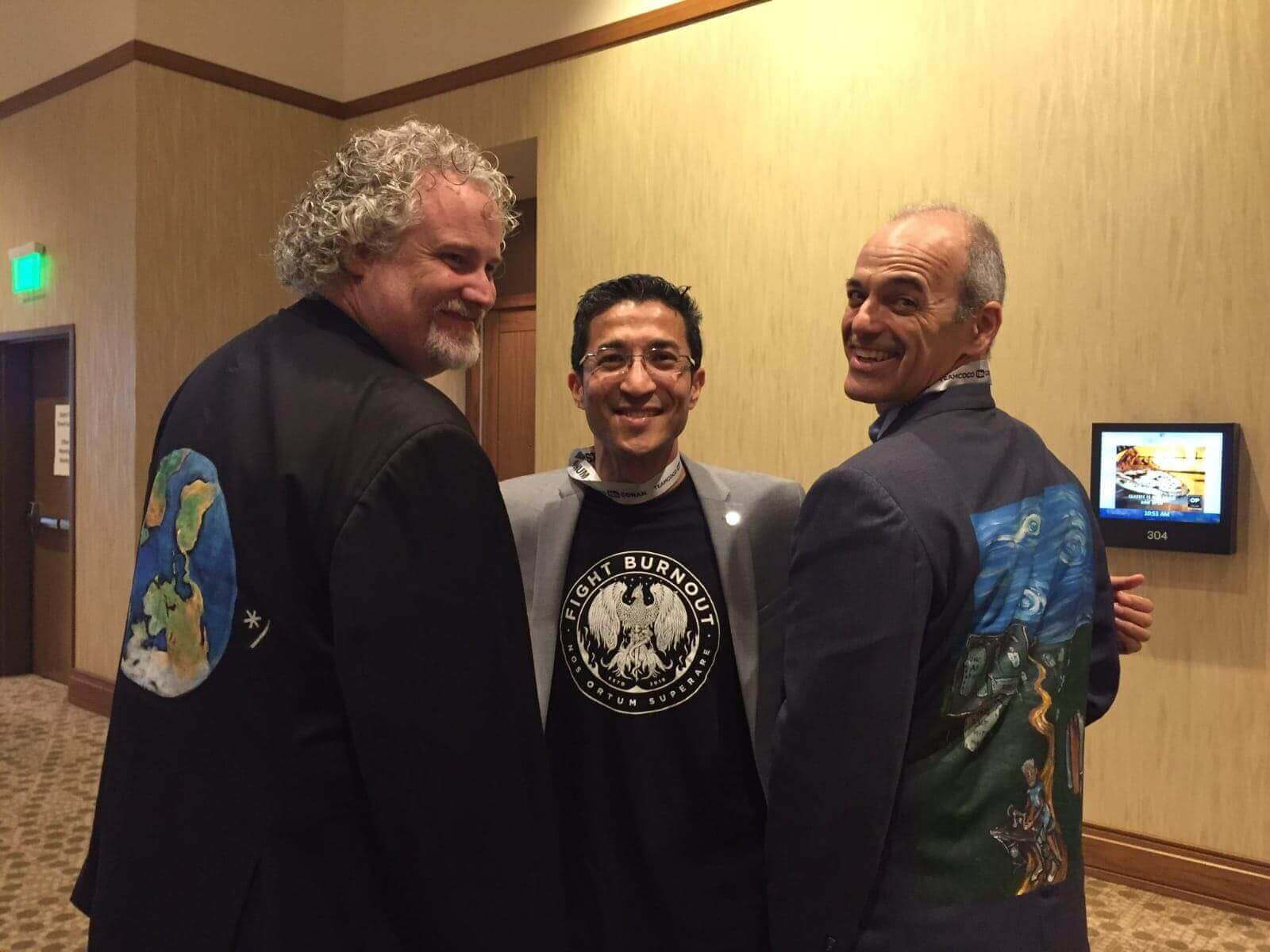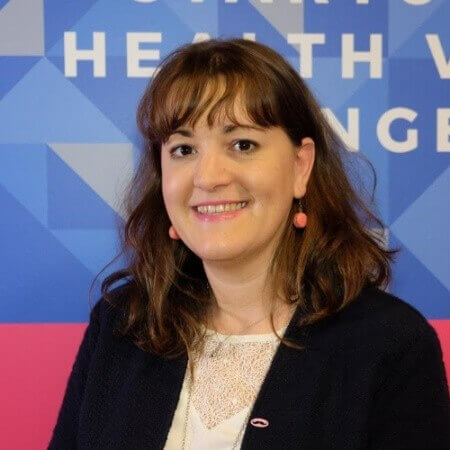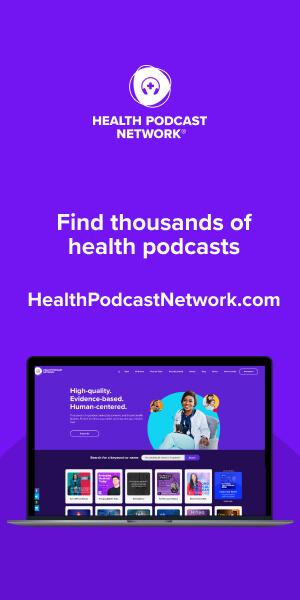I recently attended my second SXSW conference and, just like the first time, I came back energized by this week in Austin.
SXSW has really turned into a key conference for the digital heath community those past years. The healthcare crowd attending is small but of high calibre; all the key players from the digital health space are attending: Key opinion leaders, innovation managers from pharma companies and hospitals, innovative startups, investors, etc and since the crowd is small, your chances of talking to them and having a meaningful conversation are very high. The atmosphere is very relaxed with lots of networking parties where most of the connections happen, especially in the side health events like the ones organized this year by Startup Colors, Novartis Biome, Startup Health or Ogilvy. This is where you want to be!
The SXSW sessions themselves were very insightful. If I had to choose three words to summarize the conference, I would pick EMPATHY, BURNOUT, and AI (Augmented Intelligence)

Empathy
Empathy was a recurring topic during the conference. In the current healthcare system, most of the time, the patient’s voice is not heard, and we don’t take into consideration how they feel, their environment, where they live, if they smoke, whether they are lonely, their family and support network, or common behavior. Those elements play a massive role in a patient’s healthcare journey and outcome. A diagnosis should be established by listening to the patient’s entire experience, not strictly based on their symptoms.
As Maram Museitif, the #empathyprincess, highlighted during the empowered patient session, the patients’ needs are not just clinical: they may need housing, transportation, education, etc. The social determinants of health need to be taken into consideration. We need to listen to the patients to understand those needs. Maram works with Central Health to help underserved communities in Austin area access care.
A very interesting initiative that was presented during SXSW is the Opennotes movement. The idea behind the opennotes initiative is that medical notes taken by the doctors during and after visits are freely accessible to patients. It encourages empathy as the physician has to be mindful that someone will read the notes. Patients are also more empowered as they are better informed. They have access to their medical information, can share with the rest of their medical team and another major point, it’s a written summary of the conversation with the physician. Patients only remember a small percentage of the information discussed with the medical team. Opennotes help patients to be fully present with their physician while accessing the notes post visit.
Burnout
Another popular topic this year was physician burnout. There is a heavy administrative burden being dropped on physicians, distracting them from their original mission: seeing and treating patients. For one hour spent with patients, a physician will spend 2 hours typing notes and documenting the EMR. The emergence of AI-based solutions are being a great support: they not only help execute administrative and repetitive tasks, but they also enhance healthcare professionals’ capacity and offer them an augmented experience by giving them faster access to what they need and supporting them in their tasks. It helps them focus on what matters and makes their work more interesting if they don’t have to perform so many administrative tasks. It also frees up their time so they can see more patients or have a better work life balance.

David Feinberg, the new CEO of Google Health mentioned that 7% of the searches on Google are healthcare related and that one of Google’s goals is to streamline care by making data available and organized so nurses and physicians can spend more time talking to patients and less time entering and processing data in the system.
Things are moving in the right direction. A great example is innovative companies developing AI-based solutions to support physicians: Sopris Health reduces notes taking and documentation by 50%; Saykara increases the face to face time between patients and physicians by decreasing the time spent in front of the computer.
Augmented Intelligence
AI solutions are not only reducing physician workload but also enhancing their capabilities. There was a major step forward a few months ago, when IDx became the 1st ever autonomous AI system cleared by the FDA to provide a diagnostic decision without human intervention, on diabetic retinopathy. AI has been evolving thanks to better sensors, better data and better algorithm leading to autonomous AI who can establish a diagnostic on their own after being trained.
Shall we see AI as a threat? As Michael Abramoff, founder of IDx mentioned, the number of physicians in the coming years will decrease and AI will help not only seeing as many or more patients but the algorithms are helping to detect diseases that a human eye can’t see, at an earlier stage. That’s why we should see AI as a tool to support diagnostics and help physicians enhance their capabilities and be their better selves.
Will AI replace physicians? Physicians not using AI will be replaced by those who are using it. AI may be cutting some jobs, but it is also creating a lot of new jobs that didn’t exist before.

Should you attend SXSW? There is definitely a shift happening in healthcare. We are moving towards value-based healthcare and refocusing on the patient, with a need for more empathy and more attention put on social determinants of health, as highlighted during several sessions during the week.
There is also the emergence of consumerism, encouraged by millennials who have different expectations and behavior. The current healthcare system needs to change to adapt to the current society. That’s where different profiles and industries getting into healthcare can bring value, like Google, Amazon, Apple, etc. SXSW is for sure a great place for healthcare to be inspired by those other industries and for synergies to happen.
See you there next year!





